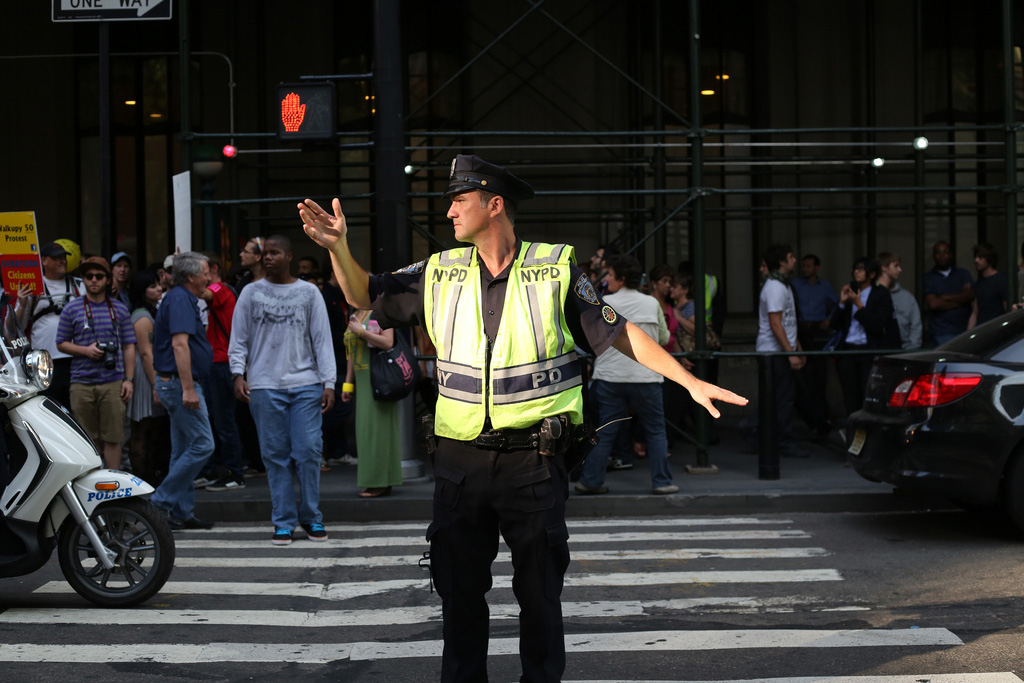By Kefiloe Kajane
Maseru beauty parlour and hair salon owners have joined the growing chorus of Basotho business owners demanding that the National Covid-19 Secretariat (Nacosec) categorize them as essential service providers, thereby allowing them to operate during the ‘Orange level restrictions’.
This after police were seen around Maseru forcing beauty salons to close down they are considered Covid-19 hotspots.
Salon owner George Mando says they are willing to engage Nacosec to come up with a mutually beneficial solution.
“We are prepared to observe the prescribed WHO safety protocols, like we are already doing. We invite Nacosec to come inspect our workplaces and familiarize itself with our operations before classifying us as a Covid-19 hotspot. We cannot afford to shut down; hunger will kill us,” Mando said.
He indicated that salons already have personal protective equipment which protects them from the corrosive and harmful chemicals they come into contact with on a daily basis.
Another salon owner Mosiuoa Tṧupu pointed out that that their workplaces work are hotspots like big supermarkets, especially Chinese-owned shops, where people touch everything and the cleaning is suspect.
“We would really like Nacosec to engage with us. We are willing to obey all the WHO safety measures like we have already been doing. We are also open to new ideas that Nacosec might have.
“We are an industry that employs many people, and closing down will lead to many people losing their jobs. We already have many salons that did not open after the first lockdown because they could not afford rentals anymore, and we would hate to see that happening to many of our people,” he said.
The liquor industry is also struggling. Speaking to theReporter, the chairman of the Liquor and Restaurant Owners Association Nkeane Motseki says it has been uphill since the alcohol restrictions were imposed.
Motseki said they have had to release employees because they could no longer afford to pay them, while many businesses are also struggling to pay rent as they do not have any income.
“Many landlords had slashed rent during the first lockdown but when the alcohol restrictions were lifted, they expected it to be paid in full. We also have to contend with unlicensed liquor stores that continue to sell alcohol secretly. It is going to be even more difficult when the current restrictions are lifted, because those people will continue to operate thereby place undue pressure on licensed traders. A study conducted by the ministry of tourism in 2017 revealed that only 20 percent of the liquor industry is licensed.
“We have attempted to reach some form of compromise with Nacosec, but to no avail. They have not responded to at least four letters that we wrote them. We want to be given permission to operate, even if it is just for two days a week. We just want to make a living,” he said.
According to Disaster Management Authority ‘s report released this week, an estimated 26 000 workers are doomed to lose jobs at bars, pubs and related businesses due to lockdown restrictions.
The effects of COVID‑19 are destabilizing for many enterprises, particularly small businesses, many of which are facing severe losses in revenue and rely on limited reserves, while facing less access to finance.
Business experts have called on the government of Lesotho to design recovery packages to assist small businesses.

































